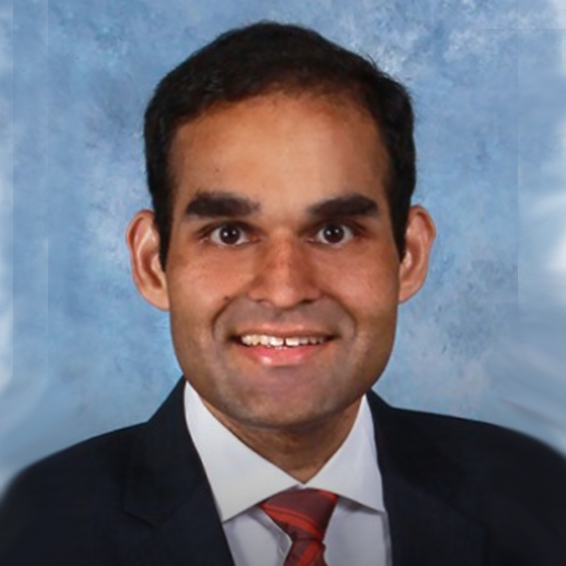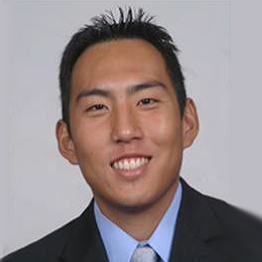Interview With Rahul Bhardwaj, MD

This month's ACC On-Call For FITs Newsletter features an interview with Rahul Bhardwaj, MD, who served as chief fellow during his general cardiology fellowship at UC-Irvine and electrophysiology (EP) fellowship at Mount Sinai Hospital. He is currently an associate professor of clinical EP at Loma Linda University Health in Loma Linda, CA.
In this interview, Bhardwaj deep-dives into the different EP programs, prepping for EP fellowship and advice for aspiring electrophysiologists.
Applying and interviewing at a large number of EP programs has become a time-consuming and costly process for many EP applicants. What would you consider to be a red flag for an EP program that might make it not worth interviewing at?
Low-procedure volume is the biggest red flag – EP procedures are challenging, and robust hands-on experience is important. The absence of meaningful research is also a red flag, as it is an important part of any fellowship.
Another thing to consider before investing in an interview is whether the EP faculty do procedures you are interested in, such as left atrial appendage occlusion (which is performed by interventional cardiology at some centers) or lead extraction.
On interview day, what are the aspects of a program that are important to come away with?
The case volume and actual "hands-on" experience is the most important; some programs are more liberal than others with regards to allowing fellows to actively participate in procedures.
Aside from that, it is useful to find out if past fellows were successful in getting their target jobs and how much support they got from faculty to find these jobs. It is also valuable to understand if the culture of the program fits with your personality and if people there are happy.
What essential skill set acquired during EP fellowship best prepared you for becoming an attending?
Learning to troubleshoot and deal with complications is probably the most important skill set. I expect that most programs will teach fellows how to handle catheters and interpret electrograms – but it is also important to know what to do when things do not work correctly or adverse events happen. This is an example of why having experience at a high-volume center is beneficial.
When making a rank list, what aspects of an EP program are the most important to consider? What are the least important or overrated?
I imagine this answer is an individual one, but the most important aspect to me is a high-volume center with highly respected and approachable faculty mentors. The least important, in retrospect, is the burden of consult rotations and clinic. I resented the non-lab obligations while in fellowship, but now as an attending, I appreciate having that experience and it has helped tremendously in practice.
If you could do EP fellowship again, what would you do differently?
If I could go back, I would be more engaged with research. Getting the opportunity to participate in clinical trials and writing manuscripts is a valuable experience, and is not as easy without resources and infrastructure in place.
What should a cardiology fellow focus on during general cardiology training to best prepare for EP fellowship?
EP can be intimidating from the outside looking in. I recommend reading up on the basics of device management, mechanisms of arrhythmia and intracardiac electrogram interpretation. Some of the material will only sink in once you are actively doing it, but it is useful to be familiar with the parlance.
If possible, go to the EP lab to get familiar with the tools used for pacing and recording intracardiac electrograms. I also encourage interrogating devices with EP faculty, fellows or device reps whenever possible.
By the time you start EP fellowship, you should be comfortable with basic device interrogations.
Any other parting thoughts or advice for aspiring electrophysiologists?
EP is an awesome field and this is an exciting time to be in it. There are many advances in different frontiers with new types of pacing devices, structural interventions and approaches to ablation under investigation.
Be engaged – go to the national meetings, participate in social media and read the journals. It will galvanize and inspire you, as well as keep you informed!
I strongly recommending going to the courses at annual meetings and industry-sponsored events, which are very educational and allow you to meet with leaders in the field.
Good luck on your journey ahead!
